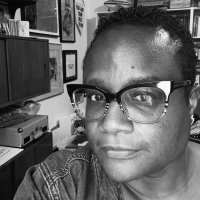Maya C. Popa of Publishers Weekly

Whenever I am asked to speak publicly on editing, I sense the audience’s hope for a formula or key: as straightforward as how to write a winning cover letter or as inscrutable as which week of the submission period to hit Send. However, so much of what I teach in my courses and write about in my newsletter comes down to mindset, not craft, and certainly not insider information.













